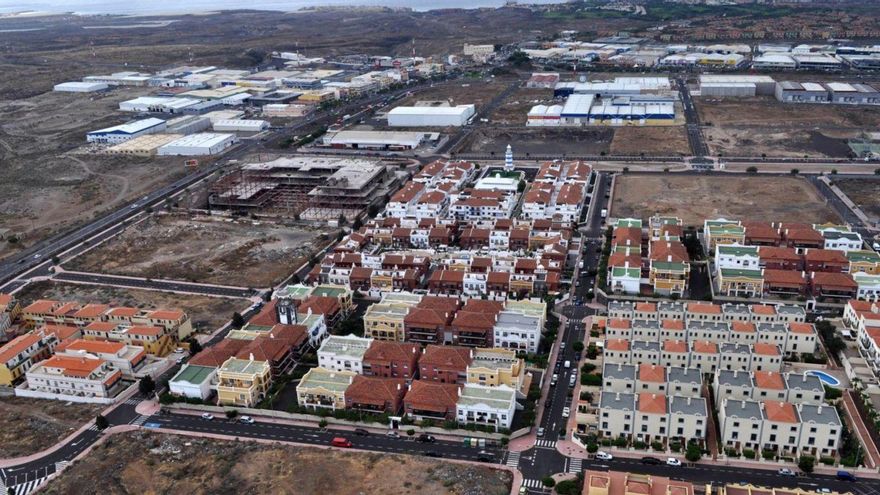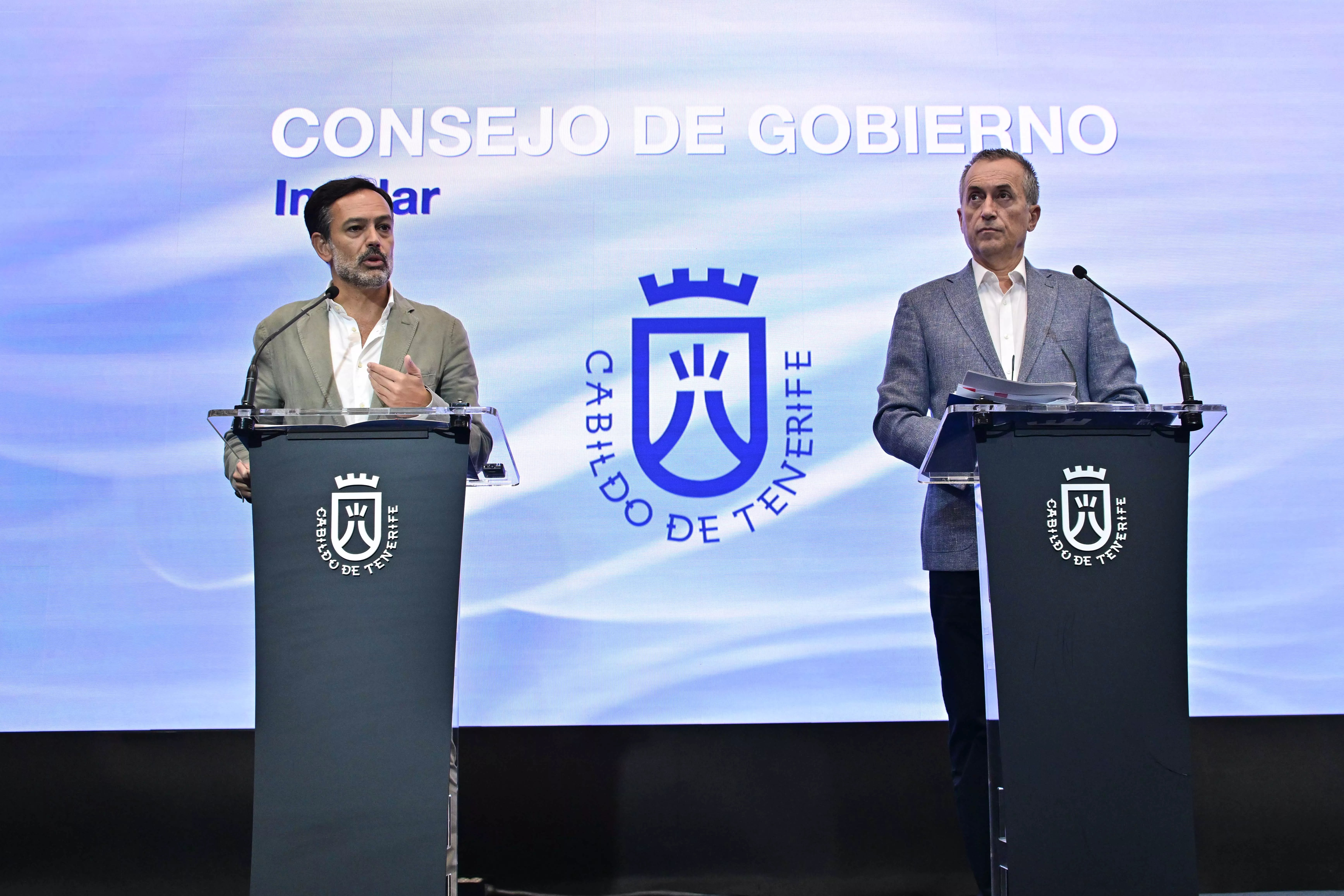
Tenerife advances towards a more sustainable island with the awarding of the new recycling centre in Las Chafiras, in San Miguel de Abona, a key infrastructure that strengthens the island’s waste management network and promotes the circular economy. The project, funded with over a million euros from the European Next Generation EU funds, has a completion period of eight months.
The new recycling centre will provide the public with a convenient, accessible, and safe space for the organised disposal of waste, integrating into an already operational network in nine municipalities of the island. This action is part of the Recovery, Transformation and Resilience Plan, driven by the Government of Spain with European funding.
Increase in use of recycling centres in Tenerife
The network of recycling centres managed by the Cabildo of Tenerife has proven effective. So far in 2024, waste collection has increased by 13% compared to the previous year, reaching 62,600 tonnes. Furthermore, more than 326,000 people have used these services across the island, reflecting greater public awareness in recycling.
San Miguel de Abona establishes itself as a national leader in circular economy thanks to a pilot project for the collection and management of used textiles and footwear. The initiative, developed in collaboration with the Town Hall, the entity RE-VISTE, and the Spanish Federation of Municipalities and Provinces, has enabled the installation of 30 containers and a mini recycling centre in strategic locations in the municipality such as schools, parishes, shopping centres, and public spaces.
This model, which combines sustainability, environmental education, and reuse, includes an awareness campaign in schools and aims to establish responsible habits among the public.
A project with national projection
The pilot programme is also being developed in the municipalities of Rubí, Titulcia, Trujillo, Arbo, and Zaragoza, reaching more than 300,000 people throughout Spain. The aim is to test a circular economy model that can be replicated at the state level, originating from Canary Islands and especially in the south of Tenerife.
Subscribe to keep reading
















